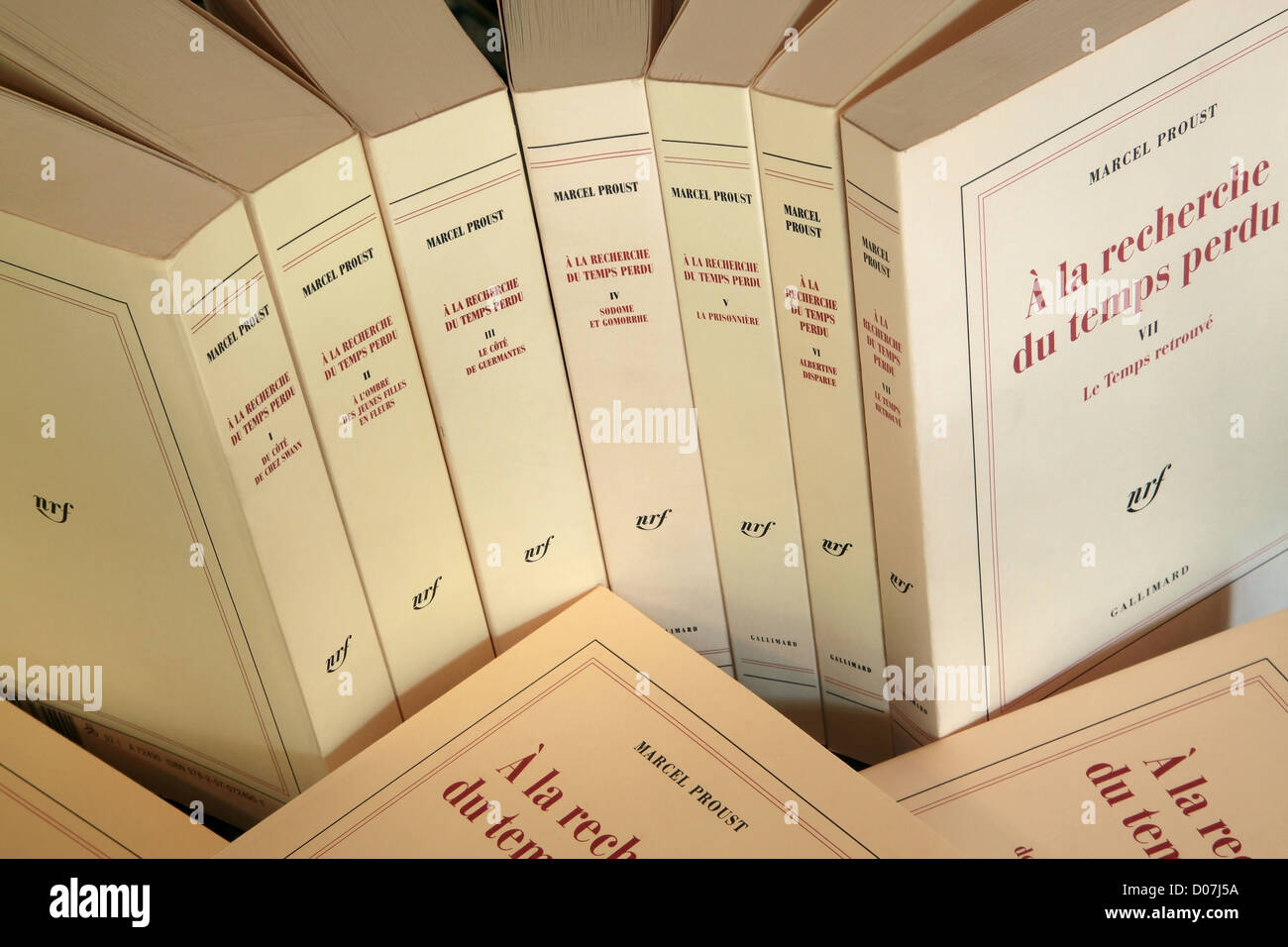

But in order to understand where we have traveled, one must revisit the past and surge existentially against the people and places, lovers and friends, the art and music and society, which influence our lives. Depending upon the associations one may have with such triggers, the journey may be pleasant or painful. It seems that time is not traditionally linear but rather, in truth, humans are subject to triggers, as simple as a madeleine and a cup of tea, which can send one unwittingly hurtling into the past. Regretably but most deliberately, I didn't even attempt Proust in the original french.Ī man seeking to connect with the meaning of his life discovers a new theory on the reality of time. Fascinating, but very slow and often overwhelming, this translation is said to be one of the best. With each detail as an entrance into the mind of man and woman, Proust dissects the interstices of human existence. Music, it's essence and how and why it affects our minds, hearts, bodies, souls Nature's landscape, in particular, flowers and their scent, shape, hue and relationship with humanity Art and architecture High society and low Literature Politics Drama Opera. Proust does not limit himself to the intricacies of emotion and thought. In all the remarkable detail, unsurprisingly, there is very little plot, few events, and a fluid chrononlogy that erases the importance of distinction between the past, present, and future. You find yourself saying, "Yes, that's exactly what it feels like in my mind when I've thought through or felt something similar." It is as if Proust articulates every nuance of the physical, chemical, emotional, intellectual aspect of the generation and propogation of thoughts and feelings, things we never think through ourselves in words. The minutest details of a split-second thought can have you reading for fifteen pages.
Proust remembrance of things past full#
Each sentence is so well crafted and so full it takes minutes just to digest what it is you've finished reading. I've only made it through the first two, and honestly, I'm taking a break for a while. It is made up of six enormously dense volumes. I had no idea what I was getting into when I decided I needed to read this novel. Proust is unquestionably brilliant, although not for the lightminded reader by any means. Today he is widely recognized as one of the greatest authors of the 20th Century, and À la recherche du temps perdu as one of the most dazzling and significant works of literature to be written in modern times. The first volume, after some difficulty finding a publisher, came out in 1913, and Proust continued to work with an almost inhuman dedication on his masterpiece right up until his death in 1922, at the age of 51. He was also plagued with severe asthma, which had troubled him intermittently since childhood, and a terror of his own death, especially in case it should come before his novel had been completed.

Towards the end of 1890s Proust began to withdraw more and more from society, and although he was never entirely reclusive, as is sometimes made out, he lapsed more completely into his lifelong tendency to sleep during the day and work at night. However, his position there was also one of an outsider, due to his Jewishness and homosexuality. He was active in Parisian high society during the 80s and 90s, welcomed in the most fashionable and exclusive salons of his day. Marcel Proust was a French novelist, best known for his 3000 page masterpiece À la recherche du temps perdu ( Remembrance of Things Past or In Search of Lost Time), a pseudo-autobiographical novel told mostly in a stream-of-consciousness style.īorn in the first year of the Third Republic, the young Marcel, like his narrator, was a delicate child from a bourgeois family.


 0 kommentar(er)
0 kommentar(er)
